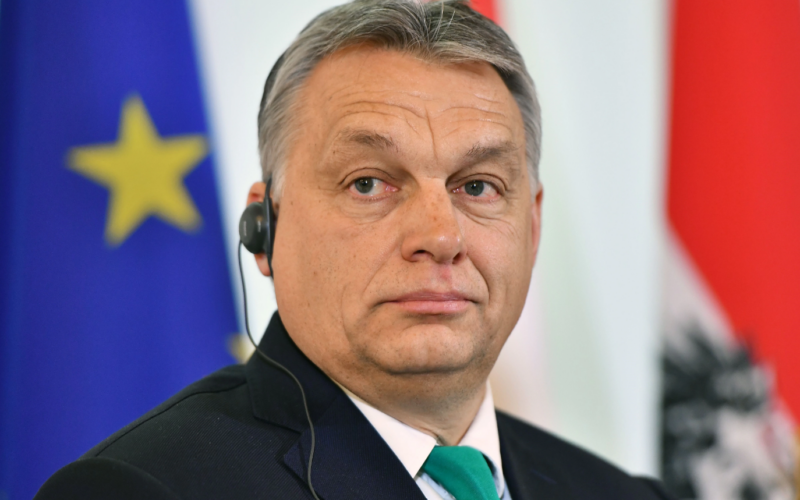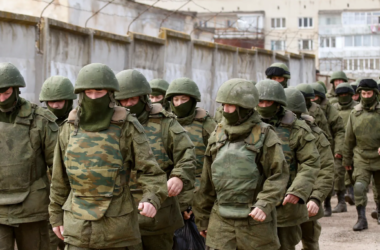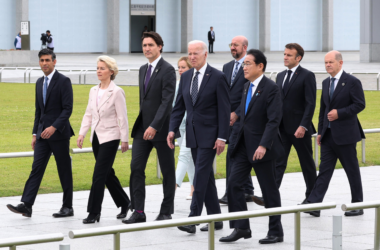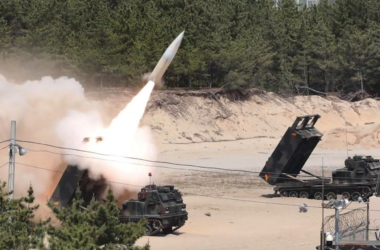European Union leaders find themselves in a challenging standoff with Hungarian Prime Minister Viktor Orban, who threatens to veto a substantial aid package and the initiation of membership talks for Ukraine. The critical summit in Brussels, addressing concerns about Western support for Ukraine amid Russia’s ongoing war, may extend beyond the initially planned two days.
As fears grow over Western backing for Ukraine, particularly nearly two years into Russia’s war, Hungarian Prime Minister Viktor Orban emerges as a significant obstacle. Orban, Russia’s closest ally in the European Union, stands in the way of Ukraine’s aspirations for a 50 billion euros ($54 billion) financial aid package and progress towards EU membership. Critics accuse Orban of leveraging Kyiv’s survival to compel Brussels to release frozen EU funds related to a rule of law dispute.
In a last-minute concession, the European Commission agreed to unblock 10 billion euros of frozen funds, but 21 billion euros remain out of Orban’s reach. The move aims to defuse tensions, but it is uncertain whether it will prevent a damaging dispute at the summit. The Hungarian leader, known for his right-wing stance, remains adamant, warning that opening accession talks with Ukraine would be a “terrible mistake.”
Ukrainian President Volodymyr Zelenskyy countered Orban’s stance, emphasizing that there is “no reason” to block Kyiv from progressing towards EU membership. Zelenskyy highlighted the crucial role of Western support in countering Russia. The standoff sets the stage for intensive negotiations in Brussels, as EU leaders attempt to persuade Orban to reconsider his position.
While optimism remains limited, European leaders express determination to find a solution. Estonia’s Prime Minister Kaja Kallas acknowledged the challenges in dealing with Orban but stressed the importance of achieving “plan A” to support Ukraine without burdening other EU member states. European Council chief Charles Michel emphasized ongoing efforts to reach an agreement and underscored the need for effective support for Ukraine.
Polish Prime Minister Donald Tusk and Dutch counterpart Mark Rutte highlighted the significance of agreeing on the 50 billion euros for Ukraine, emphasizing that Ukraine is fighting a shared battle. The EU leaders recognize the broader implications for the region, including the membership aspirations of Moldova and Georgia, both facing Russian threats.
The EU leaders’ summit unfolds against a backdrop of geopolitical complexities and challenges, with the outcome having far-reaching consequences for the future of Ukraine, Moldova, and Georgia. As leaders engage in negotiations, the focus remains on providing effective support to Ukraine while navigating the intricate dynamics of EU politics and addressing Hungary’s concerns.








